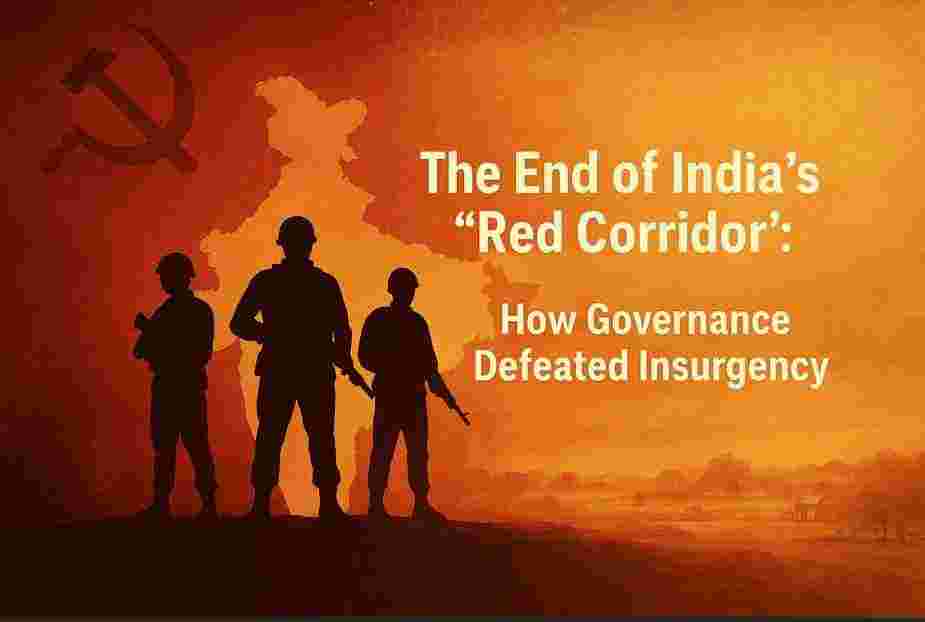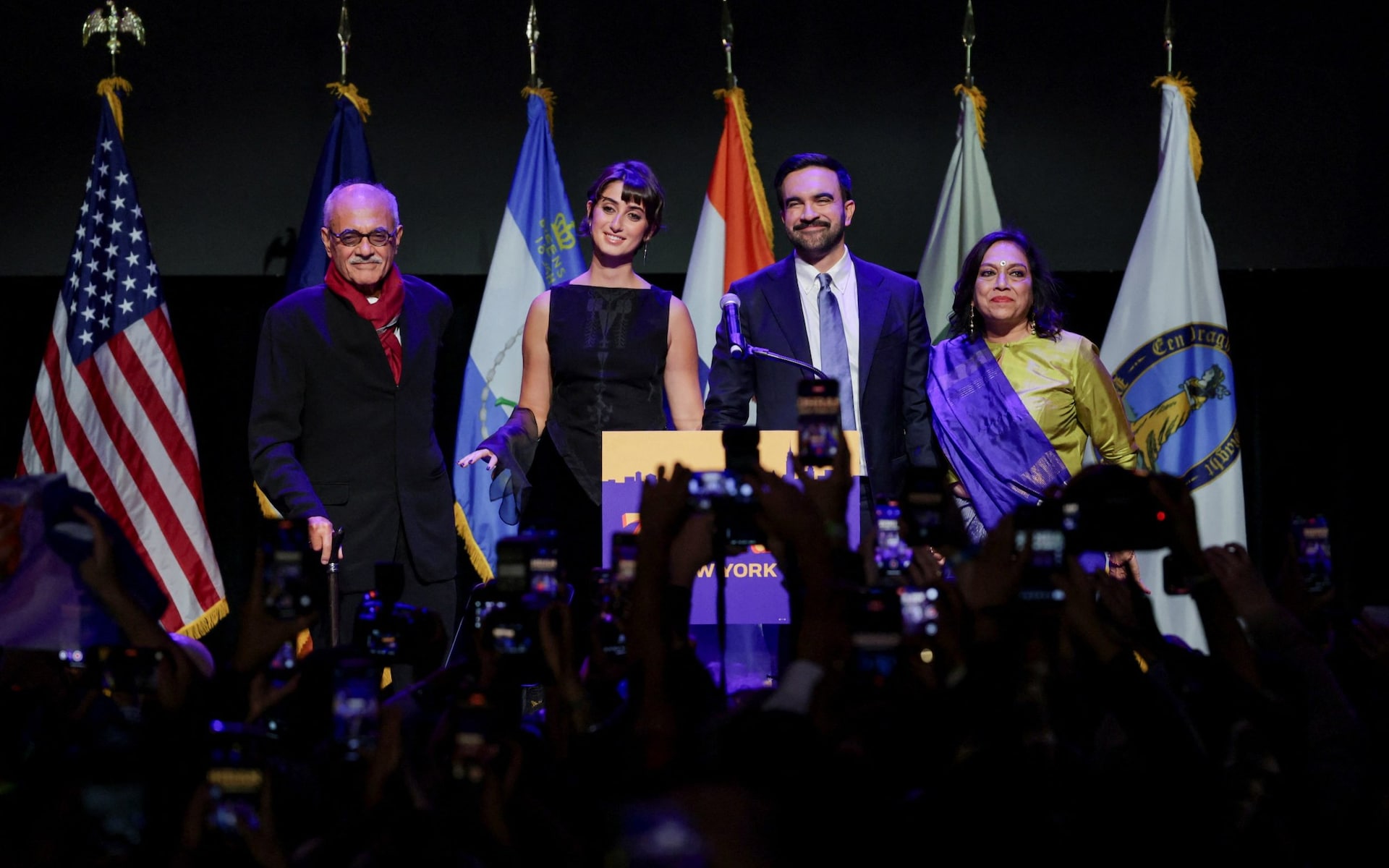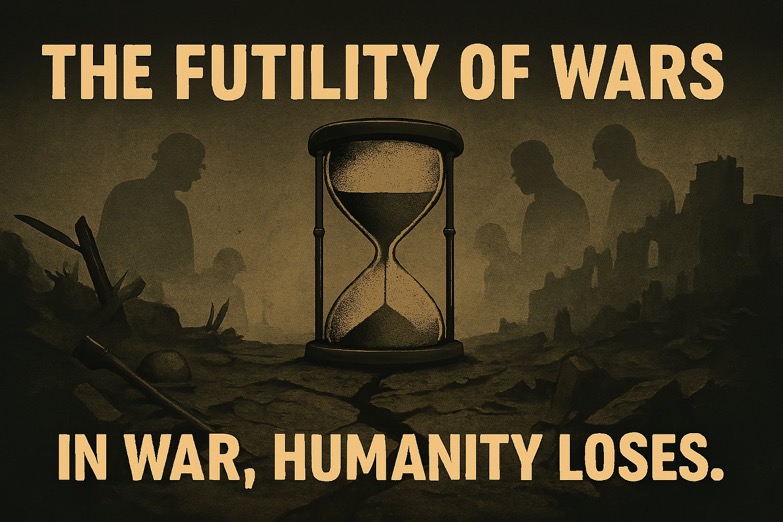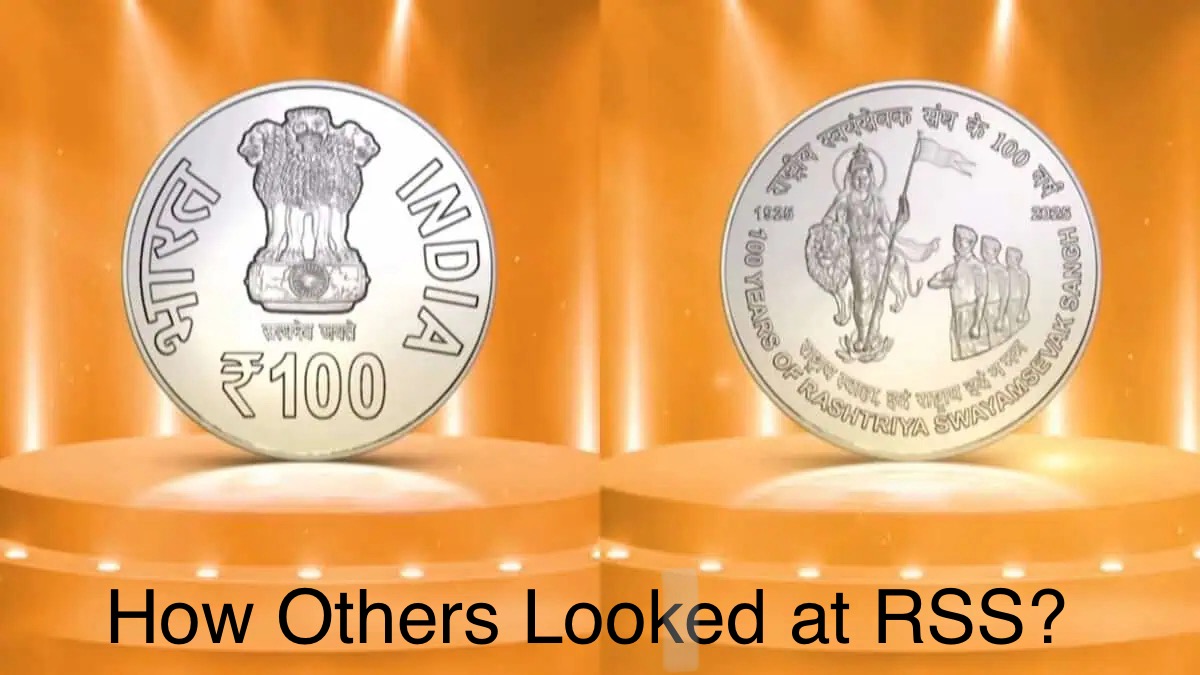Partition was not just a political event. It was the tearing apart of a civilisation’s body and soul. For millions, it meant abandoning homes built over generations, watching temples desecrated, and carrying bundles on their heads as they walked into the unknown. Families were ripped apart not by choice, but by the decisions of leaders who insisted appeasement was more important than clarity.
And here lies the bitter irony: Savarkar had already warned of it. In 1937, he said plainly that if Congress continued down the path of Muslim appeasement, Bharat would one day face Partition. Nine years later, his prophecy came true.
Savarkar: The Forgotten Strategist
Most people remember Savarkar as a fiery revolutionary. But to reduce him to that alone is to ignore his deeper vision. He was perhaps the first modern Indian thinker who looked at security and strategy the way a statesman should. Where others dreamed of abstract unity, he calculated the hard costs of policy. Where others put sentiment first, he asked- what will this mean for the nation’s survival?
Savarkar was not popular with those who believed in slogans like “Hindu–Muslim unity at any cost.” He refused to endorse unity built on Hindu concessions alone. He saw that such lopsidedness would not heal Bharat- it would split it.
Appeasement Dressed as Secularism
Congress, tragically, chose to double down on appeasement. Temples were denied justice, while mosques and minority leaders were given special treatment. The word “Secular” was later stamped into our Constitution, not to protect diversity but to weaken the civilisational core of Hindus.
Consider the image: Prime Minister Manmohan Singh meeting Yasin Malik, a man who had openly confessed to killings. For ordinary Indians, this was not diplomacy- it was humiliation. It sent a message that violence against Hindus could be forgiven, even legitimised, if it came wrapped in the cloak of “minority rights.”
Partition may have created Pakistan, but Congress left the door open for what one might call a second Pakistan- this time not of territory, but of the mind.
If Pakistan Could Be Islamic…
The raw question still stings: if Pakistan could proudly declare itself an Islamic nation, why was Bharat denied the right to declare itself a Hindu nation?
Because the very idea of Hindu Rashtra was demonised. Yet, properly understood, Hindu Rashtra was never about theocracy. It meant equal rights for all, special privileges for none. Shivaji Maharaj’s kingdom was the model justice for Hindus and Muslims alike, without surrendering the dharmic core of the state.
But the narrative was twisted. “Hindu Rashtra” was painted as dangerous, while appeasement was sold as virtue. The result was decades of lopsided policies that emboldened radicalism and weakened confidence among Hindus.
The Cultural Assault
The wounds of Partition have not healed because the cultural assault never stopped.
Two parallel forces are at work today:
- Radicalisation of Muslim youth through madrasas, tabligh networks, and online propaganda.
- Deracination of Hindu youth through OTT platforms, hollow modernity, and an education system that teaches them to be ashamed of their roots.
This is perhaps the most dangerous combination in independent Bharat.
The Fight Ahead
The solution cannot be hashtags and hollow slogans. It requires layered strategy:
- The most hardened radicals must be confronted and crushed.
- The semi-radicals must be contained through persuasion, pressure, or deterrence.
- The moderates must be brought along, encouraged to integrate into a common national fabric.
At the same time, Hindus must rediscover pride in their civilisation- not just by tweeting “Jai Shri Ram,” but by building institutions, funding schools, litigating for temple rights, producing films, writing books, and mentoring the next generation. Civilisations are not saved by noise. They are saved by stamina.
The Future at Stake
India is stronger today in many ways. Maoism has been pushed back from nearly a hundred districts to barely a dozen. Kashmir policy is firmer. Diplomacy carries new weight. But strength without cultural confidence is brittle.
By 2047, the question India will face is not just economic: do we still know who we are?
If our culture collapses under the weight of deracination and appeasement, GDP figures will mean little. Prosperity without identity becomes tribute, not triumph.
“Hindu Rashtra” in this sense is not a slogan, it is a corrective. It means a nation where temples and schools are under Hindu stewardship, where conversion mafias lose their legal shields, where every community enjoys equal rights but none enjoys veto powers over the majority’s heritage.
Closing the Circle
Partition tore Bharat apart once. We cannot allow cultural weakness to tear it apart again. Savarkar saw the storm before it broke. We live in its aftershocks. The choice before us is simple: either learn from it, or repeat it.
Bharat’s rise will not just come from roads, rockets, or reforms. It will come when its people rediscover both roots and courage.
And that, more than anything else, is the unfinished work of Partition.
Jai Hind. Jai Sanatan.




